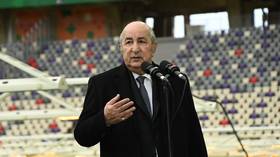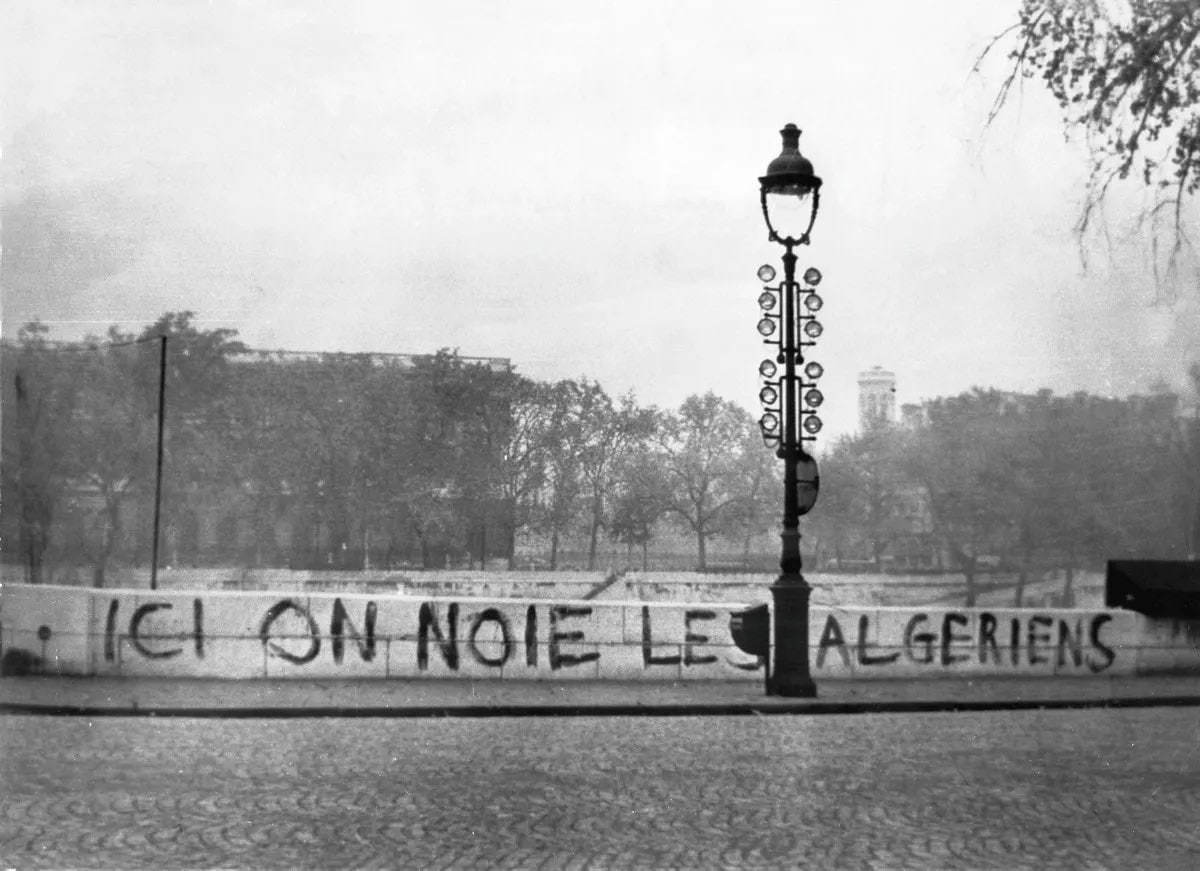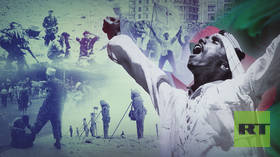Algeria commemorates independence activists killed in Paris

The massacre of dozens of Algerian independence activists by French police 63 years ago exemplified the abuse that people in the North African nation endured during colonialism, President Abdelmadjid Tebboune has said.
The Algerian leader made the remarks on Thursday during an event held at his home in honor of the victims.
“The haunting images from Paris metro stations and Seine bridges, preserved in historical archives, bear witness to the colonizer’s hatred, violence, and racism during those moments of inhuman madness,” Tebboune said in an address published by the Algerian Press Service.
On October 17, 1961, police attacked some 30,000 Algerians who had taken to the streets of Paris in a peaceful demonstration against French rule and a nighttime curfew targeting them. The French government of the time had sought to cover up the incident by censoring the press and allegedly destroying many archives. After several years, the authorities admitted that 40 people had been killed. However, some historians estimate that the number could be between 200 and 300, some shot and others drowned.
Around 12,000 Algerians were arrested during the crackdown, French President Emmanuel Macron said in a statement on the 60th anniversary in 2021. According to him, “several dozen” died due to the “brutal, violent, and bloody” repression and their “bodies [were] thrown into the Seine River.” He condemned the “crimes” committed as “inexcusable” but failed to offer a formal apology for what has become one of the darkest chapters of France’s colonial history.

Speaking at the 63rd anniversary of National Immigration Day, which commemorates the historic atrocities, Algeria’s president said the violence remains “deeply” engraved in the minds of the nation’s people.
“It reminds generations of one of the most expressive images of our community’s adherence in France to the revolutionary liberation movement in an Algeria committed to definitively break free from the colonial yoke and liberate itself from the illusions of colonists who dreamed of paradise at the expense of the inhabitants of our blessed land,” Tebboune stated.
He said his government was committed to defending the rights of Algerians abroad and opposing “certain extremist circles... trying to falsify or relegate” memories of the colonial past to “oblivion.”
The leader also called for a “new breath of courage and integrity” to overcome the colonial past and ensure a future free from hate.
Algeria was under French rule for 132 years before gaining independence in 1962. Fragile relations between Paris and Algiers have deteriorated in recent months, with President Tebboune canceling an official visit to France. The leader has repeatedly accused France of colonial-era “genocide.”













